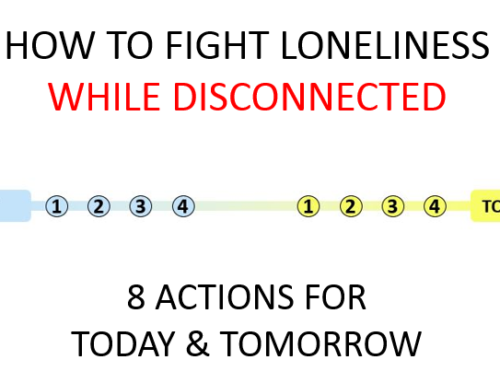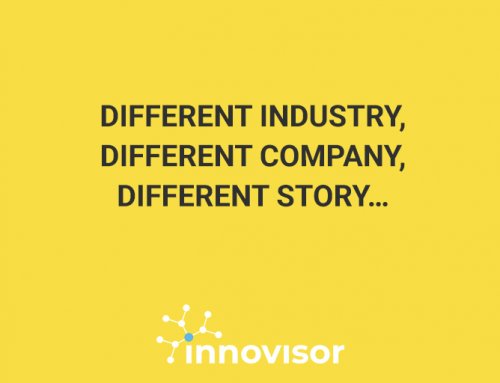Why you should ALWAYS ASK for help!
Some years ago Innovisor diagnosed the R&D organization of a pharmaceutical company. One of the key findings has been puzzling me since. It had to do with asking for help.

Why I believe in helping!
I truly believe that people should always help each other.
As an entrepreneur, I know how important it can be to get help. It is the one thing that can change the crazy thoughts of one individual into a sustainable high-growth business.
So, yes, I have asked a lot of people for help, coffee chats, input, reviews, favors and so forth. And people are almost always willing to help! (Big thank you to all of you that have helped me!)
Help is also critical within organizations. Imagine a management consultant not asking his colleague for help, when he faces a complex problem. Who benefits from that? Not the client at least. The best solutions are always developed in collaboration.
Personally, I always try to help, when people approach me. No matter the topic, and how busy I am. I am curious. Maybe I will learn something.
To get help, you need to ask for it!
The finding that in the R&D organization that has puzzled me for years was that, whereas 2/3 of the organization would always help, if a colleague asked for their help, only 1/3 would ask for help.
Please read it again.
2/3 would always help, but only 1/3 would ask for help.
How can that be? – What is it that keeps people from asking for help? Is it that they do not want to display their own vulnerability? – Are they afraid to be considered incompetent? – Is it a network barrier dynamic? – Do they not dare approaching others? – Is it simply because there is not enough trust in the organization? – Or is because they do not know, how to react, if they get a “no”?
The questions have been lining up in my mind for years now. Regretfully the answers are still blurred.
Recently the numbers Innovisor collected trend was confirmed by a major research done by Djøf (The Danish Association of Lawyers and Masters of Economics, Political and Social Science).
In their research, 48% would ask for support, whereas 68% would give support.
A future competitive advantage?
I have come to the conclusion that the difference is a fact of life, and that it actually represents a window of opportunity for the individuals and the organizations that can grow a better habit of asking for help.
It can become a competitive advantage if it gets embedded in your culture.
Stay open, stay trusting, stay curious and ALWAYS ASK for help, when you need it.
Source:
Djøf Professional Network Survey (2015)






